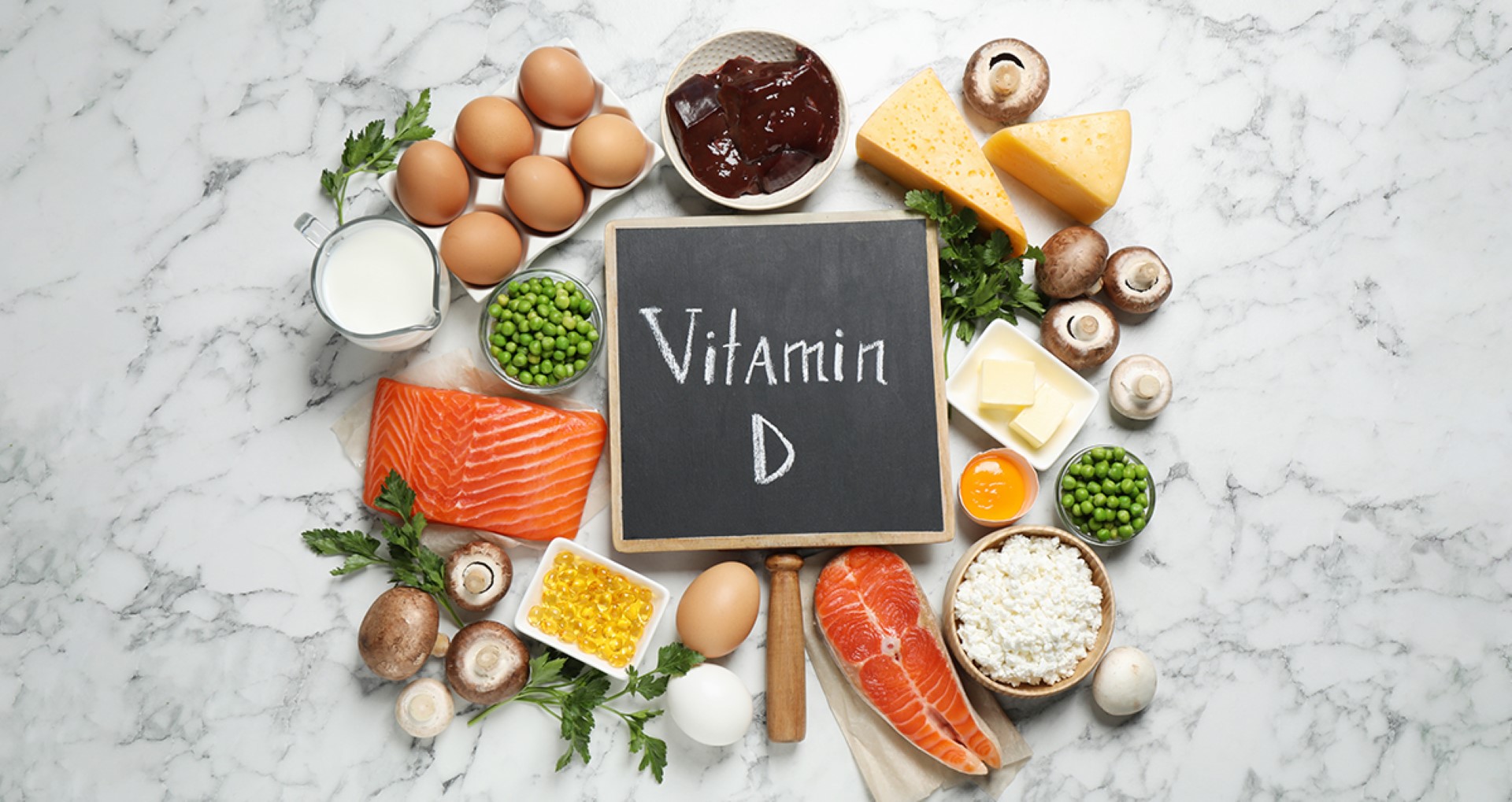Introduction
Vitamin D is vital for bone health, protection of the immune system and for mood. Although sunlight is a major source, relying on dietary sources is essential particularly among those with limited sun exposure. This article discusses some food sources of vitamin D and the role of these food sources with a balanced diet.
Understanding Vitamin D
Vitamin D aids in the body’s absorption of calcium and phosphorus, which are crucial for the development of strong bones and teeth. It also works for immune function, and has been associated with mood regulation. Low levels of vitamin D have been associated with bone disease, impaired immune function, and depression.
Natural Sources of Vitamin D
- Fatty Fish
Fatty fish are one the best food sources of vitamin D around. Options such as salmon, mackerel, and sardines contain some of the highest amounts of this vitamin. One serving of cooked salmon contains more than an adult’s recommended daily amount. Not only are these fish high in vitamin D, but they also contain omega-3 fatty acids that help maintain a healthy heart.
- Cod Liver Oil
Cod liver oil is a rich source of vitamin D, with one teaspoon providing a decent chunk of the daily requirement. It also is high in vitamin A and omega-3 fatty acids, which are healthy fats to be included in the overall diet. This oil can be taken by the spoonful or in capsule form for easy ingestion.
- Egg Yolks
Eggs, specifically the yolks, are a source of vitamin D. The quantity is minimal in comparison to fatty fish, but adding eggs to one’s diet can help with increasing D intake daily. Eggs can also be served in a multitude of ways making them suitable for breakfast, lunch, and dinner.
- Cheese
A small amount of vitamin D is found in certain cheeses like Swiss and cheddar and while they shouldn’t be your only source, they can accompany other vitamin D-rich foods. Cheese is also a source of calcium and protein, so it has nutritional value.
Fortified Foods
Because there are very few natural sources, many food items have been fortified with vitamin D to aid individuals in achieving their nutritional requirements.
- Fortified Milk: Both dairy and nondairy milks, including almond, soy, and oat milk, are fortified sources of vitamin D, offering an easy way to fill the need, especially for individuals who drink milk regularly.
- Fortified Cereals: A lot of cereals are fortified with vitamin D. Be sure to check the nutrition label to make sure there’s a significant amount. Combining fortified cereal and fortified milk can result in markedly improved vitamin D intake at breakfast.
- Vitamin D-Fortified: Orange Juice Some OJ’s are fortified with the sunshine vitamin, a good option specially for those who are lactose intolerant or favor non-dairy options. A quick glass of fortified orange juice also helps with daily accumulation.
Mushrooms and Vitamin D
Ultraviolet-light exposed mushrooms (including maitake and shiitake) can be a source of vitamin D. By adding mushrooms to soups, stir-fries, salads, vegetarians and vegans can boost their vitamin D intake.
Balancing Diet and Sun Exposure
Sensible sun exposure along with food sources will provide necessary v.d. Going outside (how much depends on your skin type, where you live and time of year) allows you to optimize your body’s natural vitamin D generation.
Monitoring and Supplementation
Keeping an eye on vitamin D levels with blood tests ensures vitamin D levels remain in the target range. Supplements might be needed for those who have difficulty getting enough through diet and exposure to sunlight. Advising clinicians allows the correct dose and type (eg, vitamin D2 or D3) for the patient to be chosen.
Conclusion
Eating a variety of foods that contain vitamin D is important to maintaining good health. It is possible to support healthy bone, immune, and health with the addition of real and fortified food to the diet. There needs to be a balanced mode for the sources of vitamin D, sun exposure, or supplementation, when indeed necessary for optimal vitamin D level for a healthy life.

